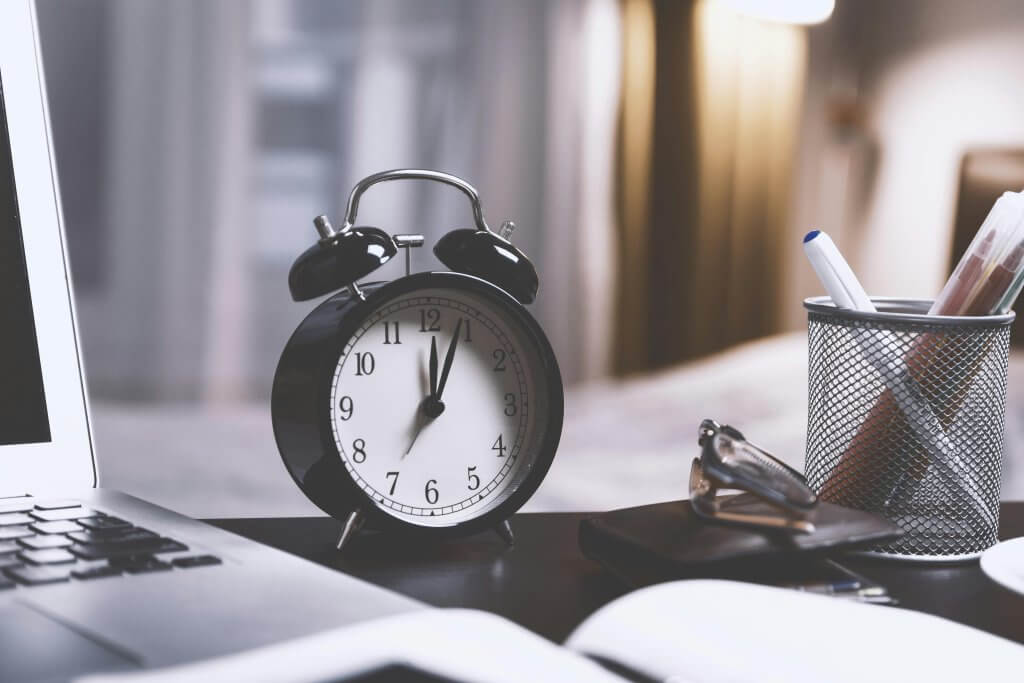If you’re a company director or sole trader worried that you’re unable to pay your Bounce Back Loan, you should take advice as soon as possible. The earlier you get a professional involved, the more options you’ll have.
According to a recent National Audit Office report, 1.5 million businesses took out a Bounce Back Loan during the lifetime of the scheme. The majority of these opted for the maximum £50,000 loan, taking total lending under the scheme to £47 billion.
But despite this and subsequent government support, slow economic recovery and a lack of confidence from both consumers and businesses means that repaying your Bounce Back Loan might be too much pressure. If it is, you should seriously consider taking advice from a regulated professional. After talking through your options, you might decide that a formal insolvency process is the best answer for your business.
This doesn’t always mean the end: if your business would be viable without its Bounce Back Loan debts then you may be able to consider a Start Afresh Liquidation to restart with a new company and with the correct advice from a licensed insolvency practitioner you may even be able to use the same name.
What are the consequences for company directors if they’re unable to pay a Bounce Back Loan?
In the case of an insolvent company, the liquidator is legally bound to review its activities and decide if one or more of its directors is responsible for its failure.
Supporting business owners who are forced to close their company through no fault of their own is common. But the pandemic and the resulting economic turbulence has taken us into new territory as licensed insolvency practitioners. Multiple businesses facing the same issue at the same time is unprecedented. As insolvency practitioners, we have needed to apply insolvency law and guidance to a set of circumstances that definitely weren’t foreseen at the time the guidance was prepared.
Many businesses were able to survive because of this government programme. However, for many those funds have run out before their marketplace has sufficiently revived. Fortunately, most Bounce Back Loans were used for their intended purpose, and our investigations are able to absolve the company directors of any involvement in causing the insolvency.
Is striking a company off at Companies House an alternative to liquidation?
If you notify those owed money by your company, and if the strike off is not objected to, a limited company with debts can be struck off from Companies House. When a company is struck off, it’s removed from the official register of companies in the United Kingdom. This means that it is no longer legally considered to exist as a company.
However, fraudulent directors have been known to strike off their company with debts in an attempt to defraud creditors. To tackle this issue, the Insolvency Service now has enhanced powers to reinstate companies that it believes were struck off improperly so that they can be further investigated and dishonest directors prosecuted.
Getting a licensed insolvency practitioner involved when you close your insolvent company means that every procedure will be followed, so that you can be assured you’ve done everything legally required of you.
Need to speak to someone?
If you took out a Bounce Back Loan and are struggling with the repayments, it’s vital that you seek expert advice from one of our licensed insolvency practitioners. We will be able to assess your situation and advise you on the best solution for you and your business.
For further advice on Bounce Back Loan repayments, please call our expert team.




